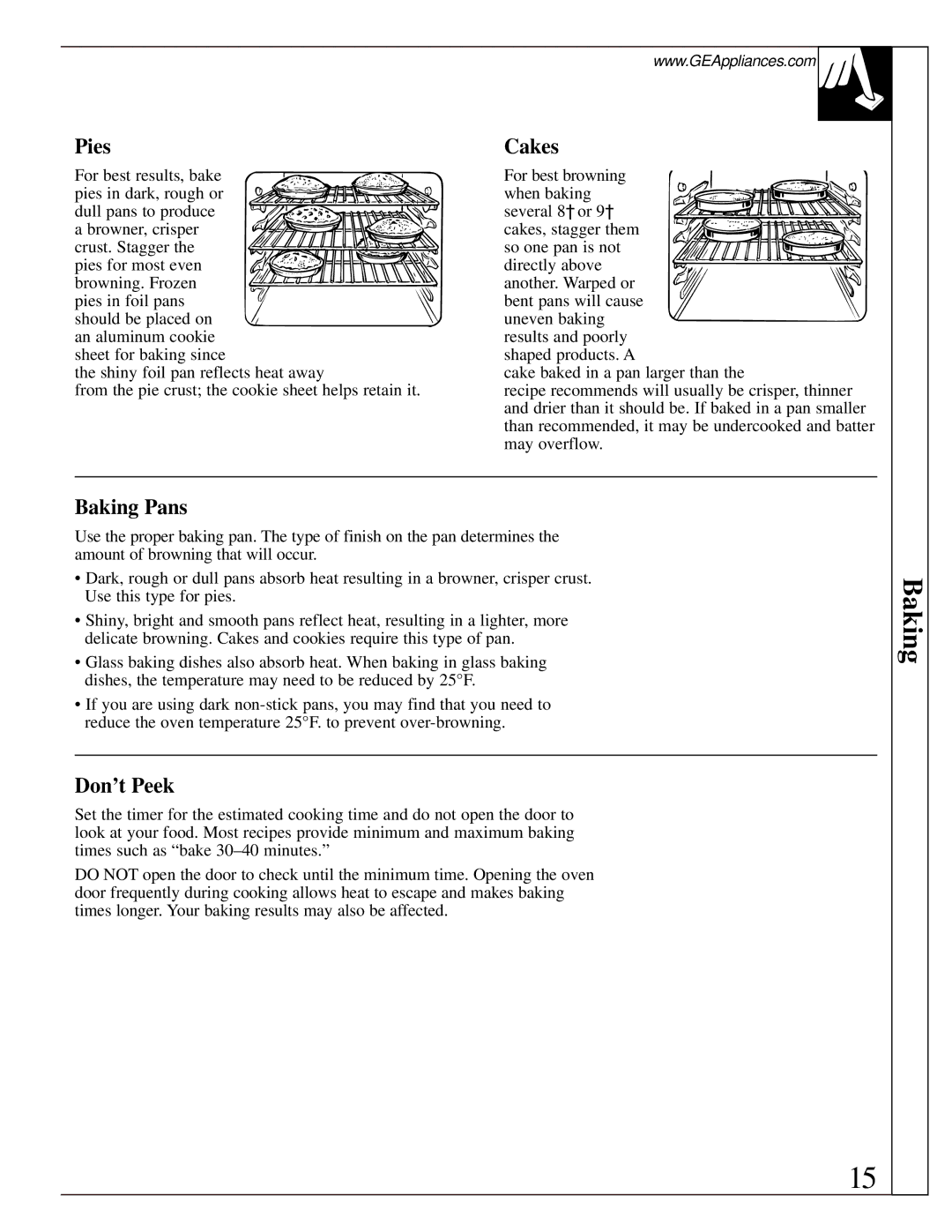JGBS02, LGB128 specifications
The GE LGB128 and JGBS02 are two advanced gas turbine models that represent the cutting edge of power generation technology. These turbines are engineered by General Electric, a leader in energy solutions. Both models are designed to enhance efficiency, reduce emissions, and provide reliable power for various applications.The GE LGB128 is a robust gas turbine characterized by its modular design, which simplifies maintenance and installation processes. This turbine is known for its high efficiency, with a thermal efficiency rating that can reach above 60%. The LGB128 utilizes advanced aerodynamics in its compressor and turbine sections, optimizing performance across a wide range of operating conditions.
One of the key features of the LGB128 is its use of advanced materials and coatings that enhance durability and performance. The turbine blades are crafted from state-of-the-art alloys that can withstand extremely high temperatures, ensuring longevity and reliability. Furthermore, the LGB128 is equipped with sophisticated control systems that leverage machine learning algorithms, enabling real-time optimization of operation and maintenance schedules.
On the other hand, the GE JGBS02 gas turbine is recognized for its versatility and adaptability in various power generation applications. This model is particularly notable for its ability to utilize multiple fuel sources, including natural gas and biogas, which gives it a significant advantage in sustainability. The JGBS02 incorporates advanced combustion technologies that minimize nitrogen oxide (NOx) emissions, making it an environmentally friendly choice for both industrial and utility-scale power generation.
A prominent characteristic of the JGBS02 is its compact design, allowing for flexible installation in limited spaces. This feature is crucial for projects where space is a constraint. Additionally, the turbine is equipped with an intelligent monitoring system that continuously assesses performance metrics, providing operators with valuable insights into efficiency and potential maintenance needs.
Both the LGB128 and JGBS02 are designed to provide reliable performance in today's demanding energy landscape. Their capabilities make them suitable for various applications, including combined cycle power plants and peak shaving operations. As the world pivots toward cleaner energy solutions, these GE turbines embody the technological advancements necessary for fostering a sustainable future in power generation. With their commitment to efficiency, durability, and environmental responsibility, the LGB128 and JGBS02 stand at the forefront of modern energy technology.

